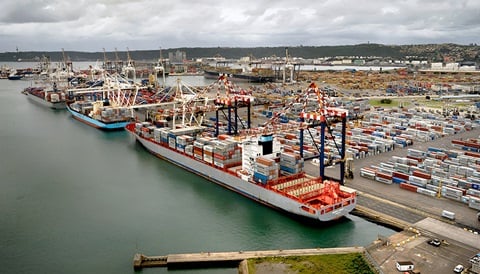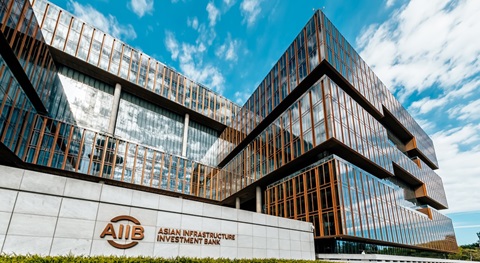Nigeria auctions spectrum rights for 5G
Bid price jumped by US$76.2m as competitors tried to outdo each other
By Amit Jain

The Nigerian Communications Commission (NCC) hit a milestone in December when it successfully conducted the auction for the 3.5Ghz spectrum license for an eyewatering US$547.2m. The winners – MTN Nigeria and Mafab Communications will each pay US$273.6m to the national telecom regulator. While MTN paid an additional US$15.9 to get lot one of the spectrum, Mafab paid an additional US$11.1m for the other. There were three contenders in the fray, including Airtel Nigeria, which eventually dropped out of the race. Each of the bidders had initially paid US$18.2m to qualify for the bidding.
The auction has positioned Nigeria, among a select group of developing countries that are ready for the next revolution in the global telecoms space. 5G promises to deliver ultra-fast Internet speed to the user - ten times faster than 4G, infact. It has lower latency (the time it takes for data to be transferred) and it has larger capacity which makes it possible to connect to more devices to the network. Technology geeks, however, are most excited about the use of 5G in what is euphemistically called – Internet-of-Things (IoT) which would allow multiple devices to exchange real-time data and ultimately transform sectors across the economy such as agriculture, ecommerce, e-banking, education, healthcare, tourism, and entertainment. 5G is expected to be the fastest deployed mobile communication technology in history and is forecast to cover about 60 per cent of the world’s population in 2026. Erratic power supply, inability of operators to access foreign exchange, and vandalism, however, are likely to confront its deployment in the country.
The spectrum lot won by each bidder will be assigned on a nationwide basis covering all the 36 states of the federation and the Federal Capital Territory (FCT) on a “use-it or lose-it” condition. The licenses come with rollout obligation spanning a period of 10 years. Between the first and second year of the licence, the operators are expected to roll out service in, at least, one state in each geo-political zone. From the third to fifth year, they are have to cover all the zones. Between six to ten years, they are expected to cover all the states in the country
Nigeria’s 3.5Ghz spectrum auction comes as China set a milestone in its technological commitments to Africa, with tech giant Huawei working with MTN Zambia to roll out the country’s first 5G network. Beijing signed over 15 deals covering scientific and technological cooperation with African states in December 2021 at the China-Africa Innovation Cooperation Conference. The US administration has blacklisted Huawei and dozens of other Chinese tech companies cutting off much of the Western market for exports. This has prompted Chinese technology firms to double down on Africa and other emerging markets. China’s strong presence in the continent makes it a preferred technology partner for many African countries.
Nigerian telecom operators have dismissed fears over alarm raised by some airlines of possible disruption in aircraft operations by the rollout of 5G network. The fears caused AT&T and Verizon to delay the launch of their new C-Band 5G service in the US.
References
‘As race to 5G network deployment begins’, The Guardian (Nigeria), 22 Dec 2021
‘5G in Nigeria: Role of the media’, The Sun, 19 Dec 2021
‘Dismantling the Myths of 3.5 GHz Spectrum Auction’, This Day, 19 Dec 2021
‘5G Network - No Cause for Alarm, Nigerian Telecoms Operators Assure, U.S. Airlines Call for Delay in Rollout Near Airports’, Vanguard, 19 Jan 2022
‘China helps advance technology in Africa’, Global Times, 13 Jan 2022







